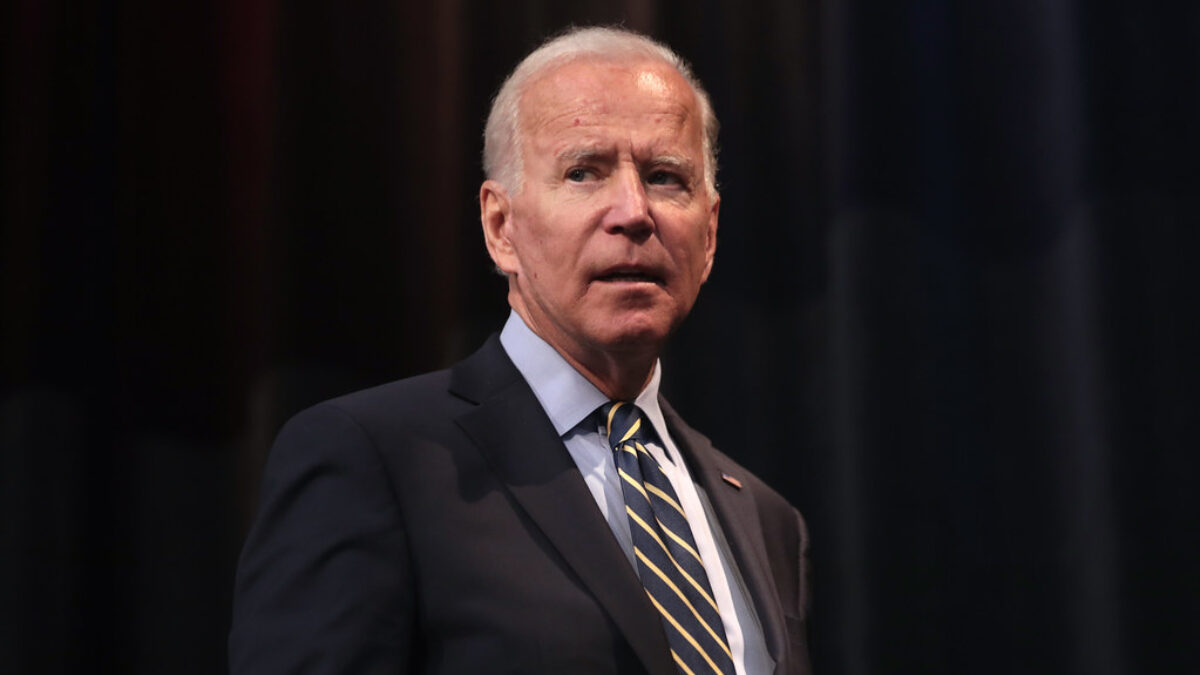
It will be years, possibly decades, before we fully understand the impact of the coronavirus pandemic on America’s adolescents, but some of the life-altering consequences are emerging now. Nearly half of all college students said their post-graduation plans have changed as a result of the coronavirus pandemic, according to a new poll commissioned by Young America’s Foundation and The Federalist, conducted by Echelon Insights.
The survey, which was based on a national poll of 1,600 current high school and college students between the ages of 13 and 22, also looked at students’ thoughts on religion, marriage, their communities’ response to coronavirus, and their plans for the future. Here are some of the key takeaways.
School and Work
With state governors instituting statewide lockdowns, 92 percent of all high school and college students said their school has been shut down. Nearly half of all students said their school events, retreats, trips, and proms have been canceled, and more than half said they were continuing their education by streaming live video classes.


In the light of unprecedented measures to limit social contact, nearly 80 percent said their schools made the right decision in March to end in-person classes and switch to remote learning, and 76 percent believe the disruptions caused by the pandemic are necessary to keep people safe, even if the disruptions to the economy negatively affect their generation.

While only 7 percent of all students said they had been infected with coronavirus, 20 percent said they had lost a job or had their hours at work cut back. One in three of all students said someone in their household lost their job or had hours cut.

Institutional Trust
Federal and local governments’ response to the coronavirus has highlighted the need for effective officials and a trustworthy scientific community. While 57 percent of all students said their state governor’s response to the virus has made them more confident in the country’s ability to deal with this crisis, only 27 percent said President Donald Trump’s response has made them more confident in their country’s ability to combat the virus. More than half, or 51 percent, said Trump made them less confident in government.
For high school and college student views on government in general, unrelated to coronavirus, in some respects the respondents seem to lean toward conservative values like limited government. More than half of all students (54 percent) said they would rather have a smaller government with fewer government programs and lower taxes, than a larger government with more government programs and higher taxes (27 percent said they preferred the latter).

High school students were split between whether we need more or fewer government programs to maintain our way of life in the United States for at least the next 10 years, while 47 percent of college students said we need more government programs. Forty-six percent of all students think the federal government threatens their personal rights and freedoms.

China
Since the outbreak of the coronavirus in Wuhan, China, the communist country has worked tirelessly to hide their mismanagement of pandemic. The widespread propaganda campaign, aided by American media outlets, may have had China’s intended outcome among the young, as American students are evenly split on whether it is the Unites States’ or China’s fault that the coronavirus is in the United States.
Nearly half of all college students (48 percent) agree that the coronavirus crisis in the United States is mostly our own government’s fault for not responding properly, while nearly half of all high school students (48 percent) agree the coronavirus crisis in the United States is mostly China’s fault because the virus began there and they covered up how serious it was.

Fourty-six percent of all students agree China is a threat to the United States, compared to 27 percent who agree China is a U.S. ally.

Marriage, Family, and Religion
Gen Z is on track to be the most ethnically diverse generation ever. The YAF-Federalist poll found that 72 percent of high schoolers and 66 percent of college students said buying a home is extremely or very important, and 59 percent of all students said making a lot of money is extremely or very important, compared to other goals like getting married, having children, starting a business, or becoming famous.

Twenty-seven percent of all students said they attend religious services weekly, while nearly 40 percent said they find themselves praying more since the coronavirus outbreak began. Nearly half of all students (48 percent) said praying or engaging in a spiritually fulfilling activity is extremely important for them to do.
On their family and the coronavirus, 80 percent of all students said they were very or somewhat worried that a friend or family member will be infected.
Technology
Gen Z differs in their preferred social media platforms, compared to the similarly tech-savvy generation of millennials. The report found more students are using image-based social media sites such as Instagram and Snapchat as opposed to Facebook and Twitter. YouTube was the most widely used platform among students, with 79 percent of both high school and college students saying they used the site.

Seventy-three percent of total students reported using Instagram and 66 percent reported using Snapchat, while only 58 percent said they used Facebook and less than half, 44 percent, said they were active on Twitter.
View the full report here.
YAF_FDRLST Survey Of Americ… by The Federalist on Scribd









